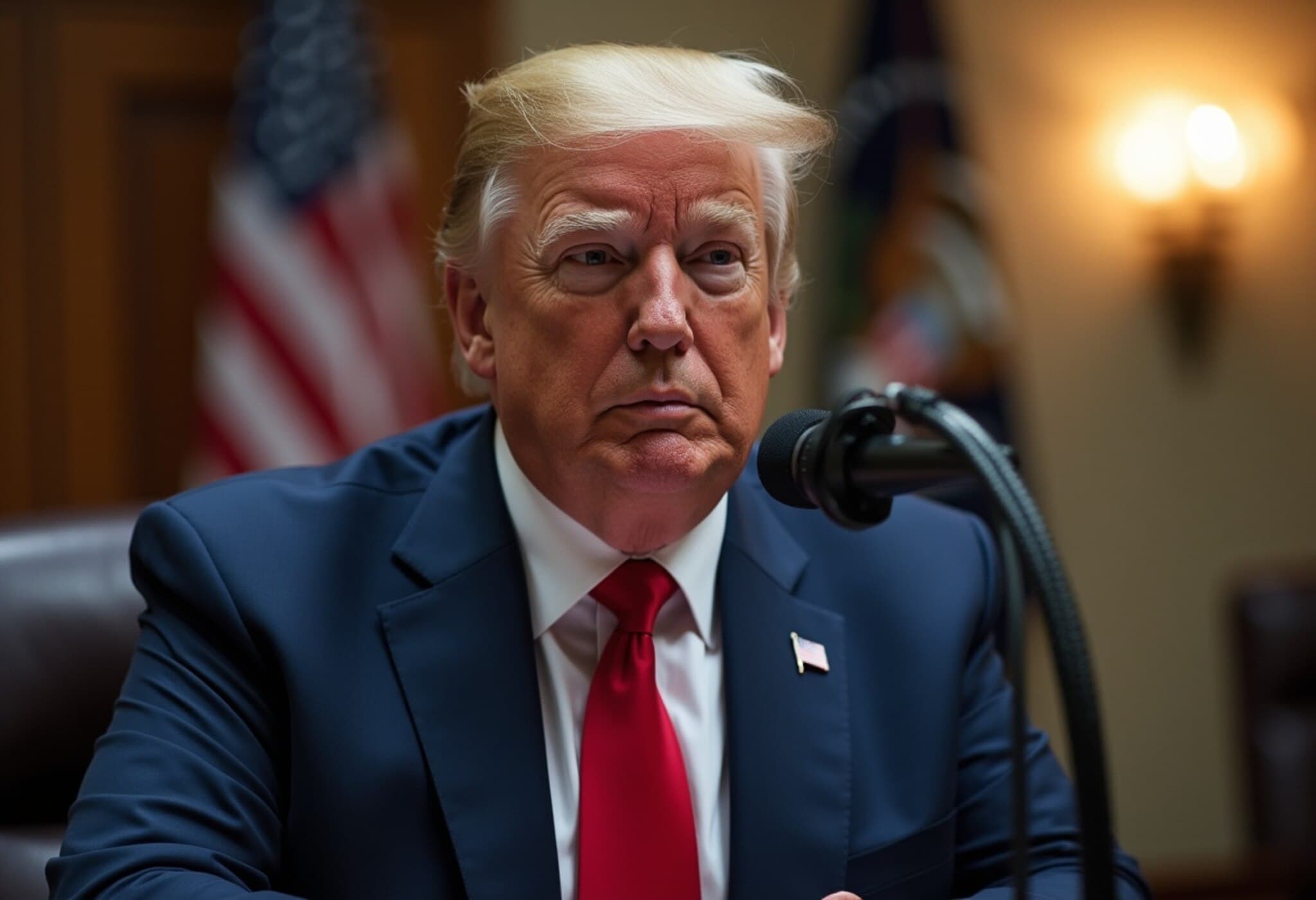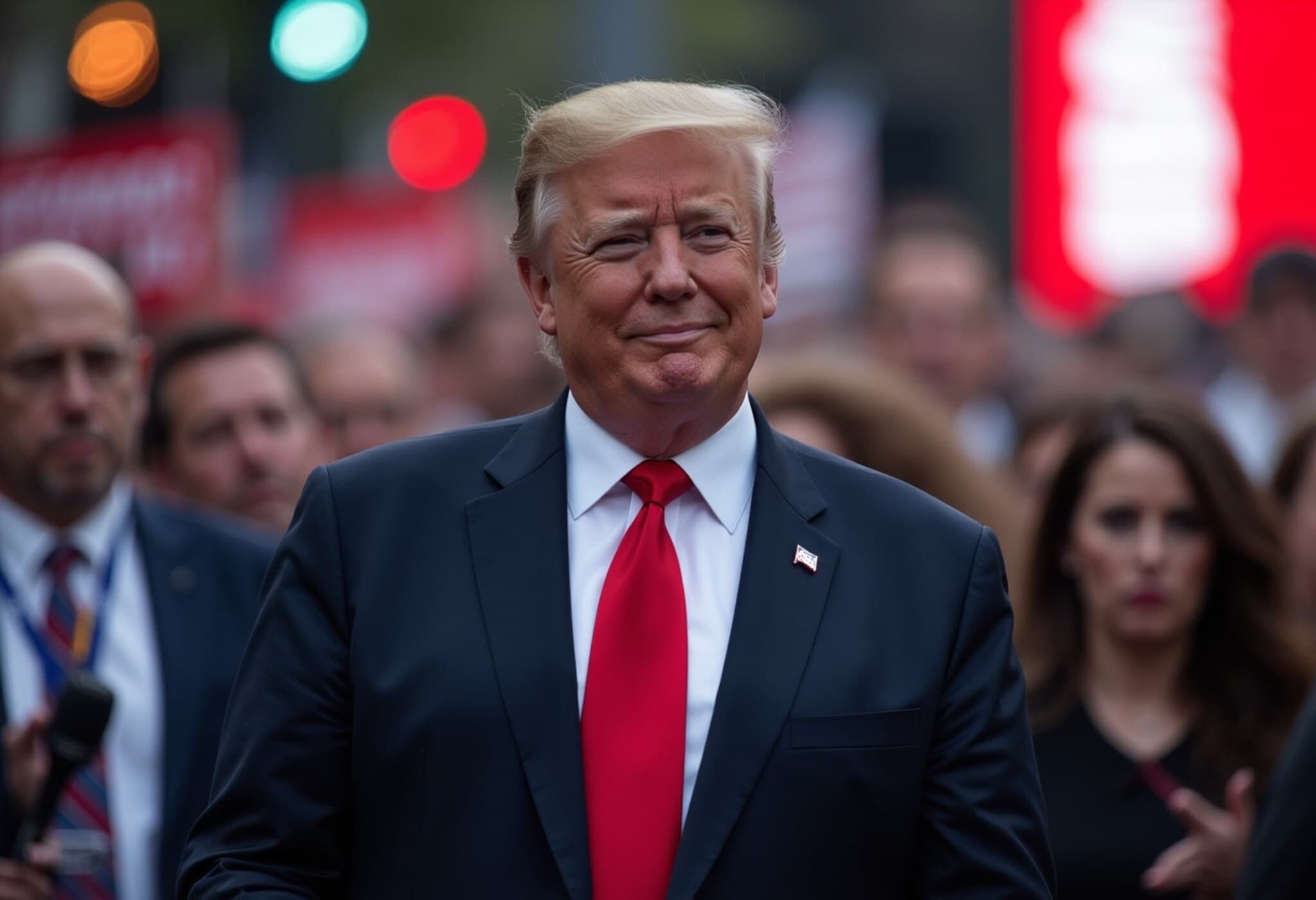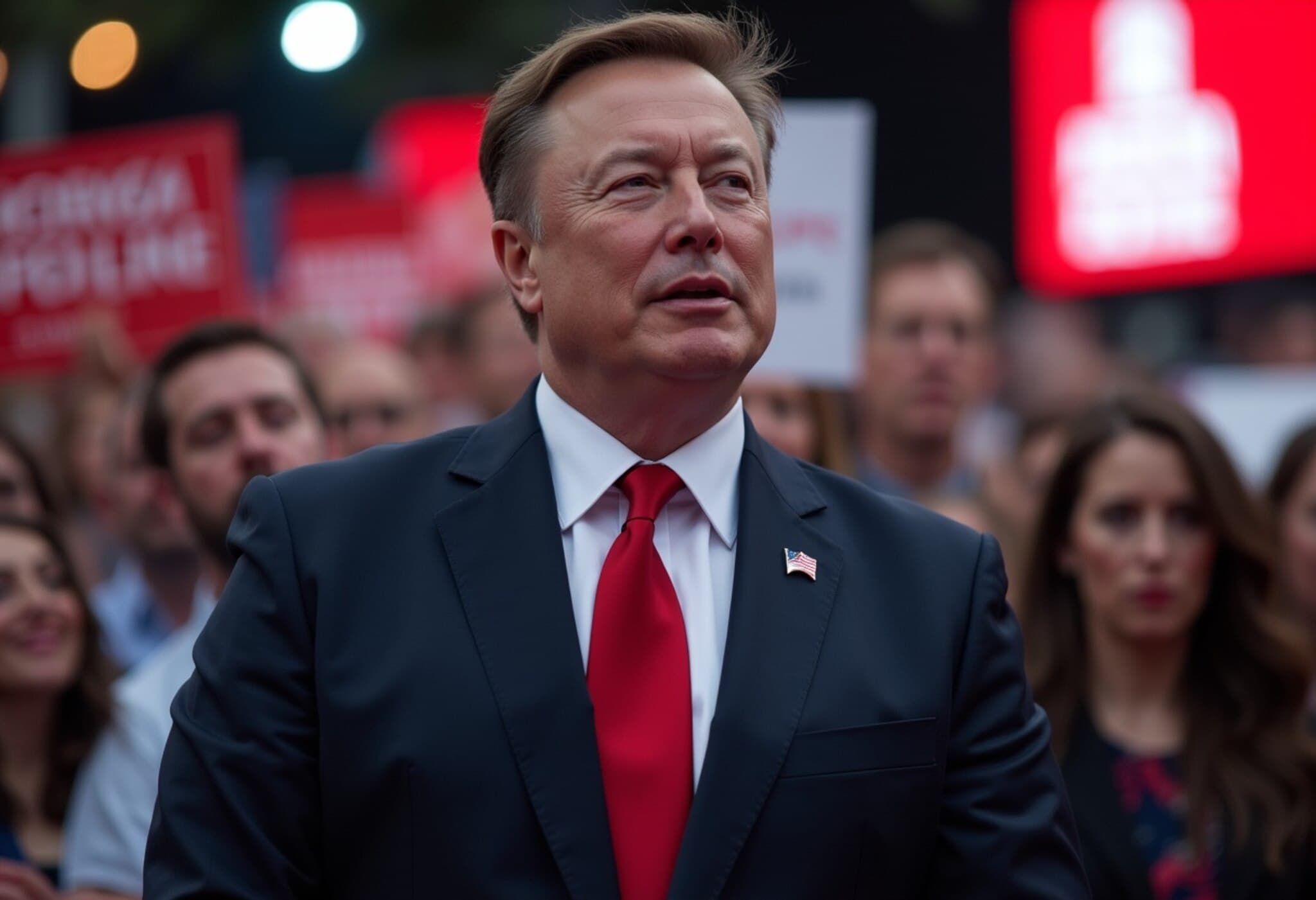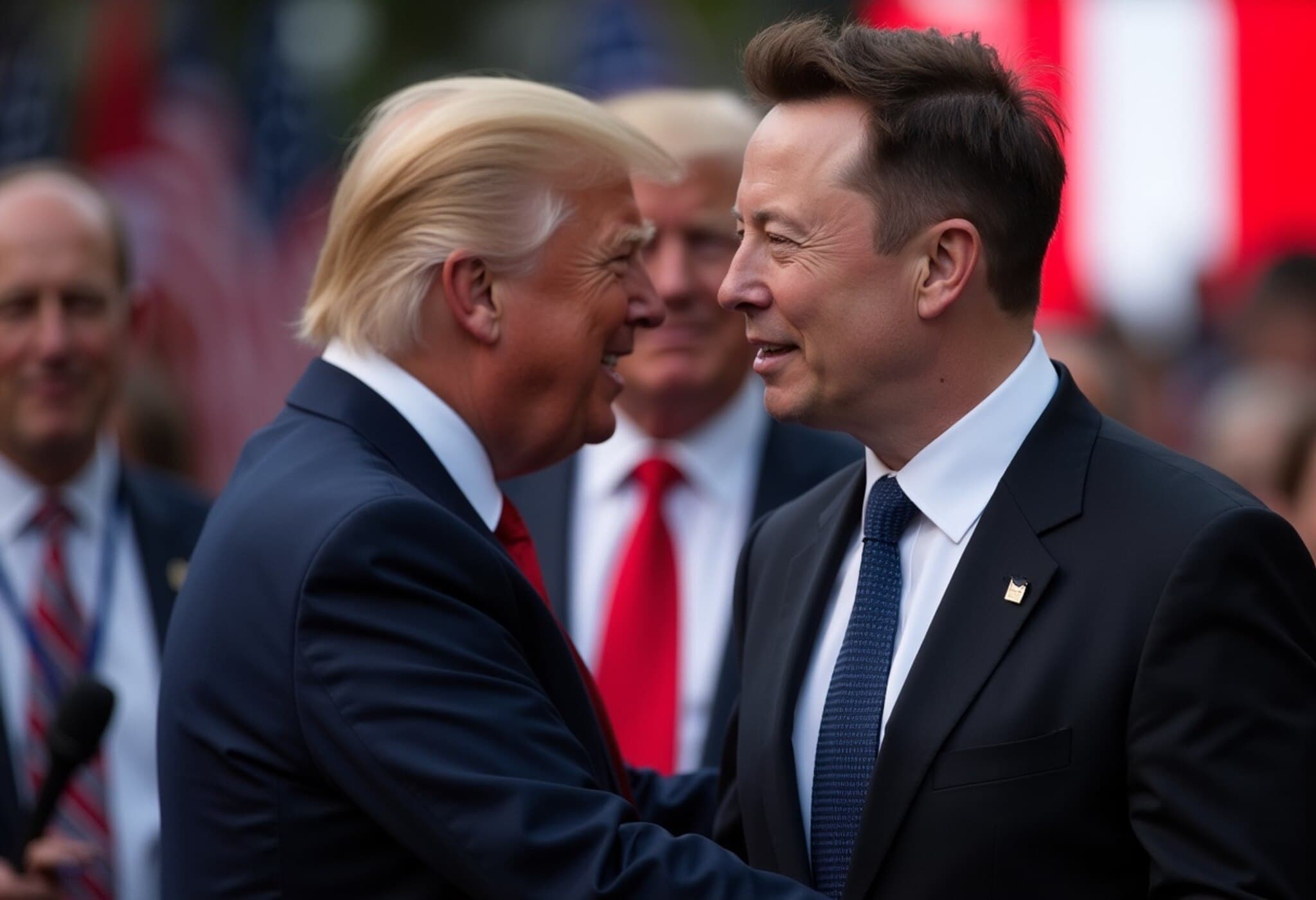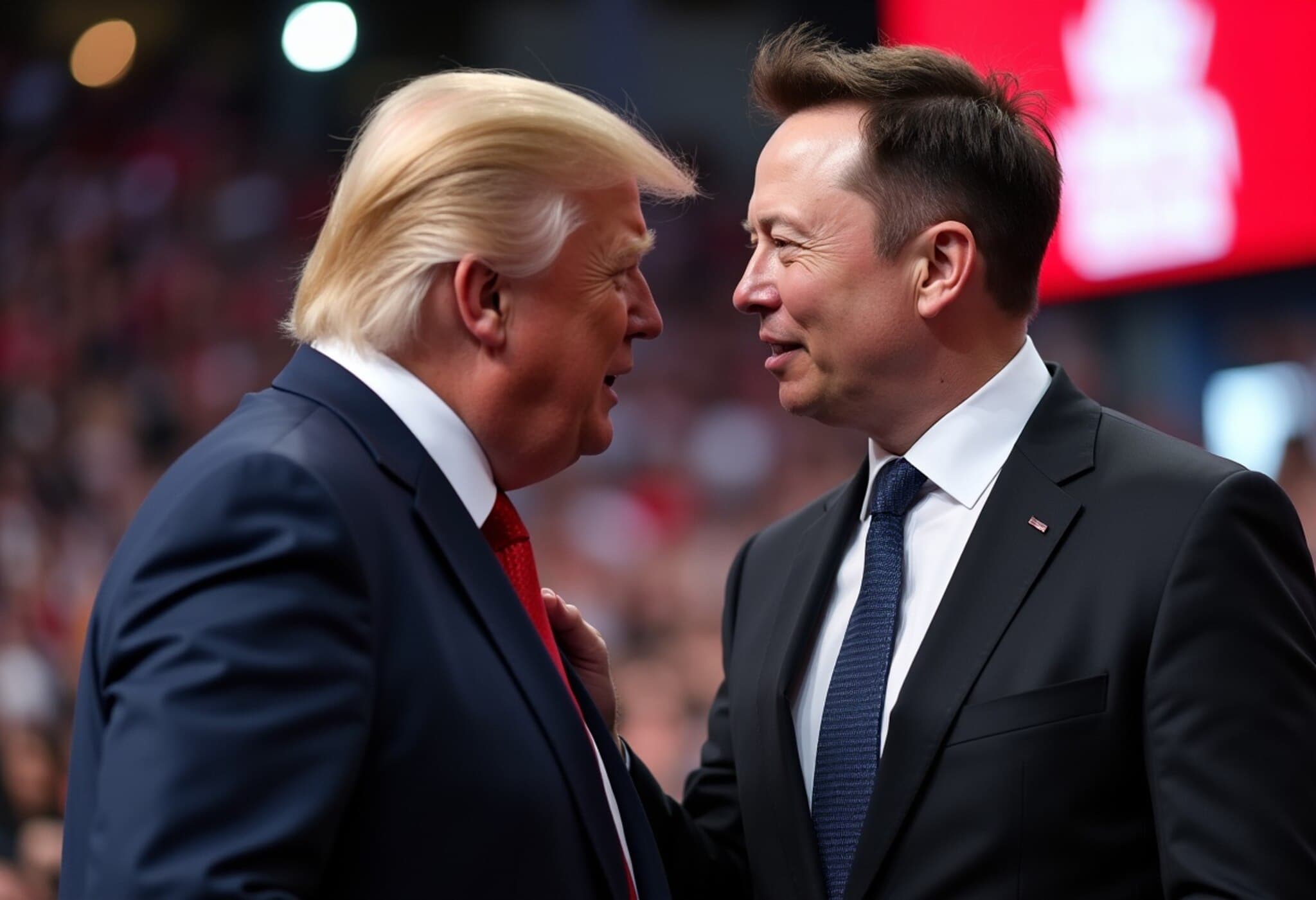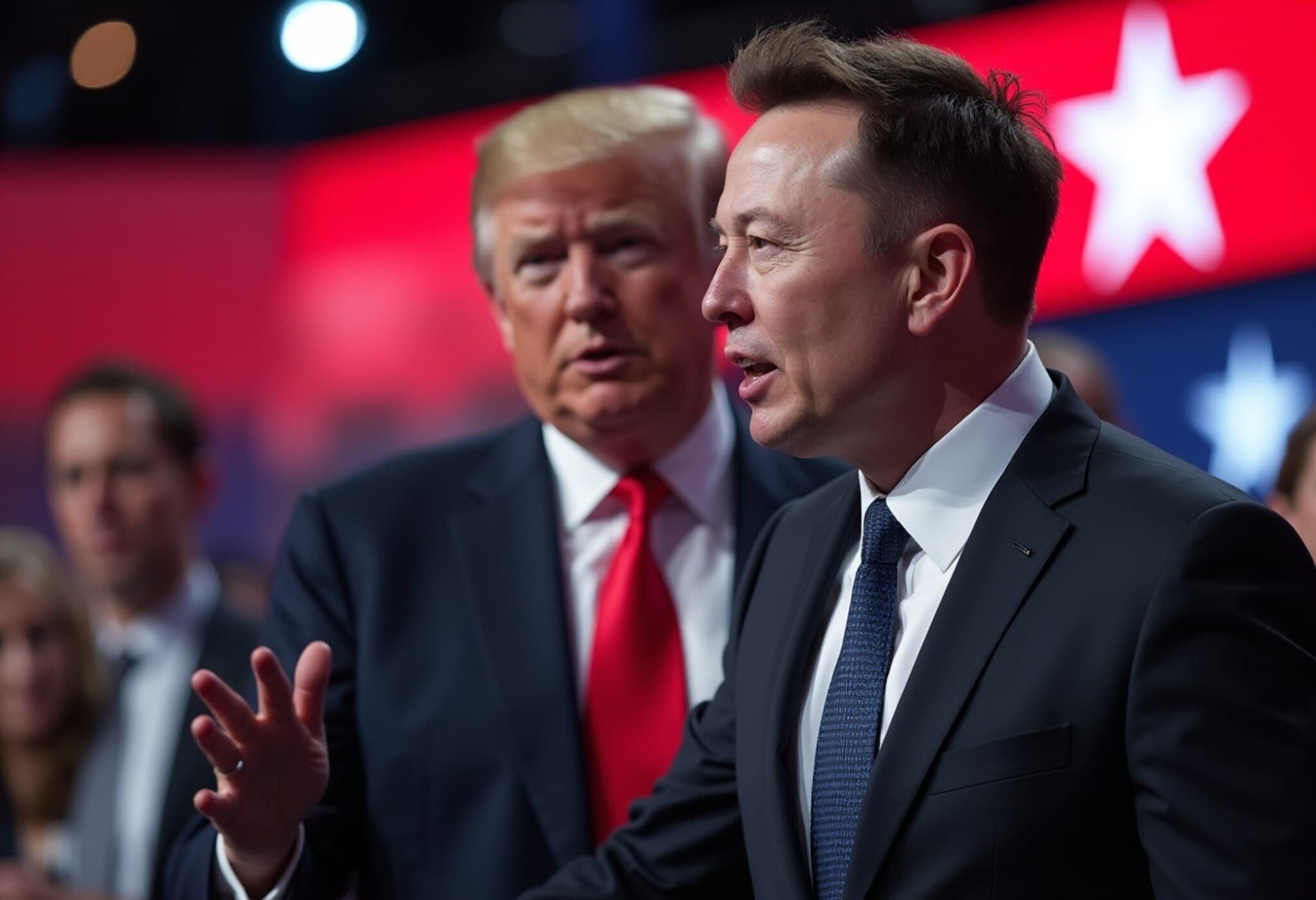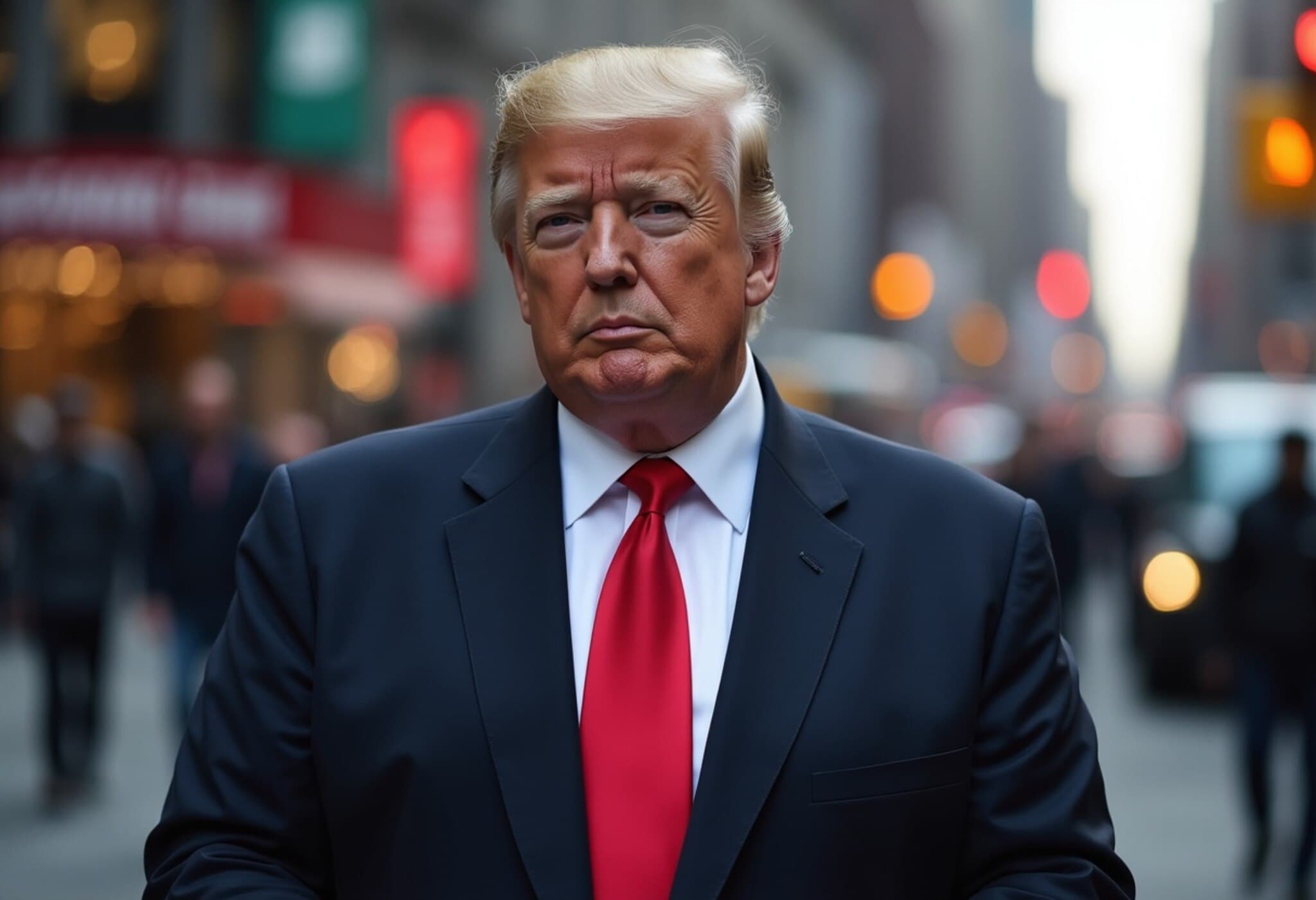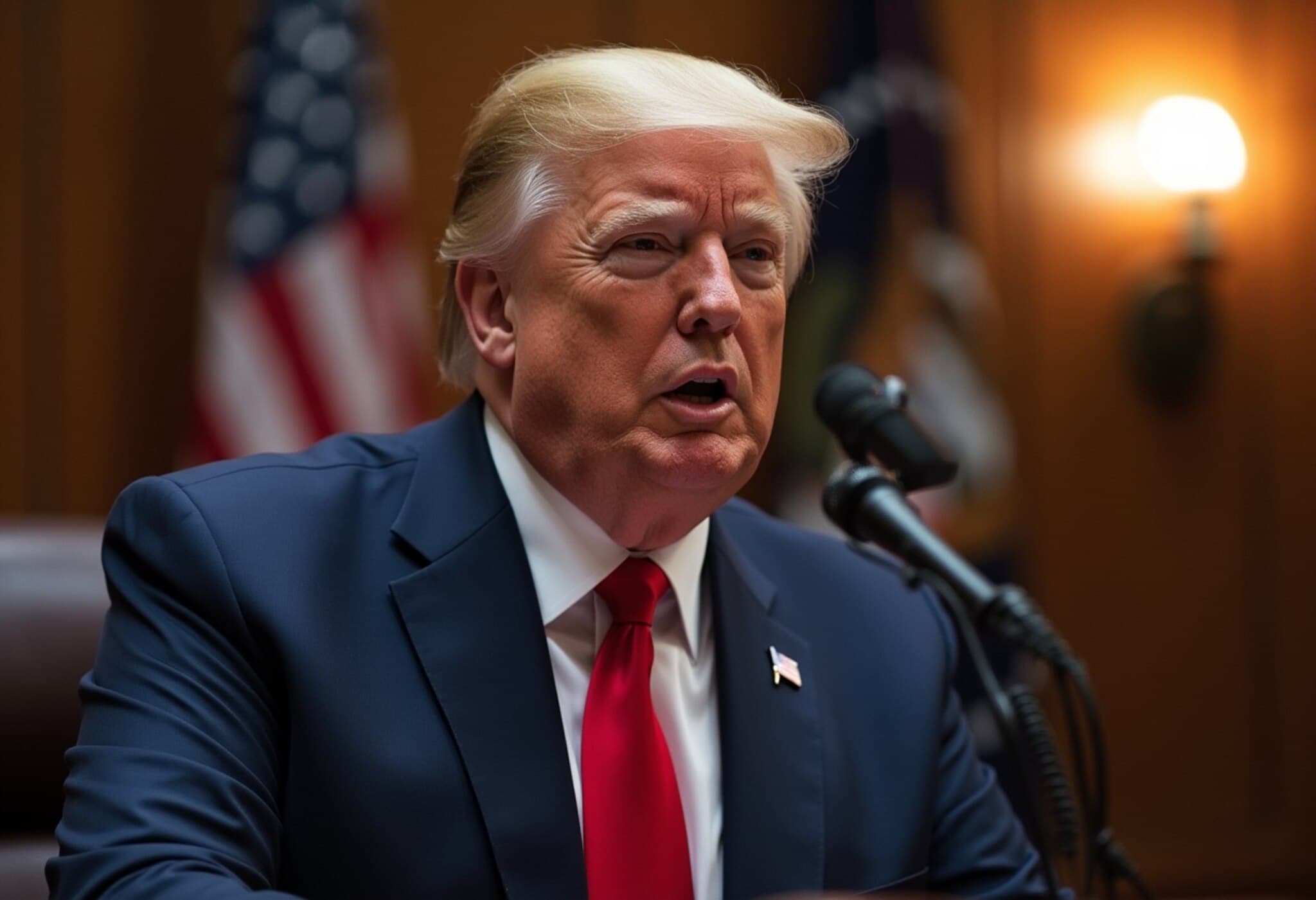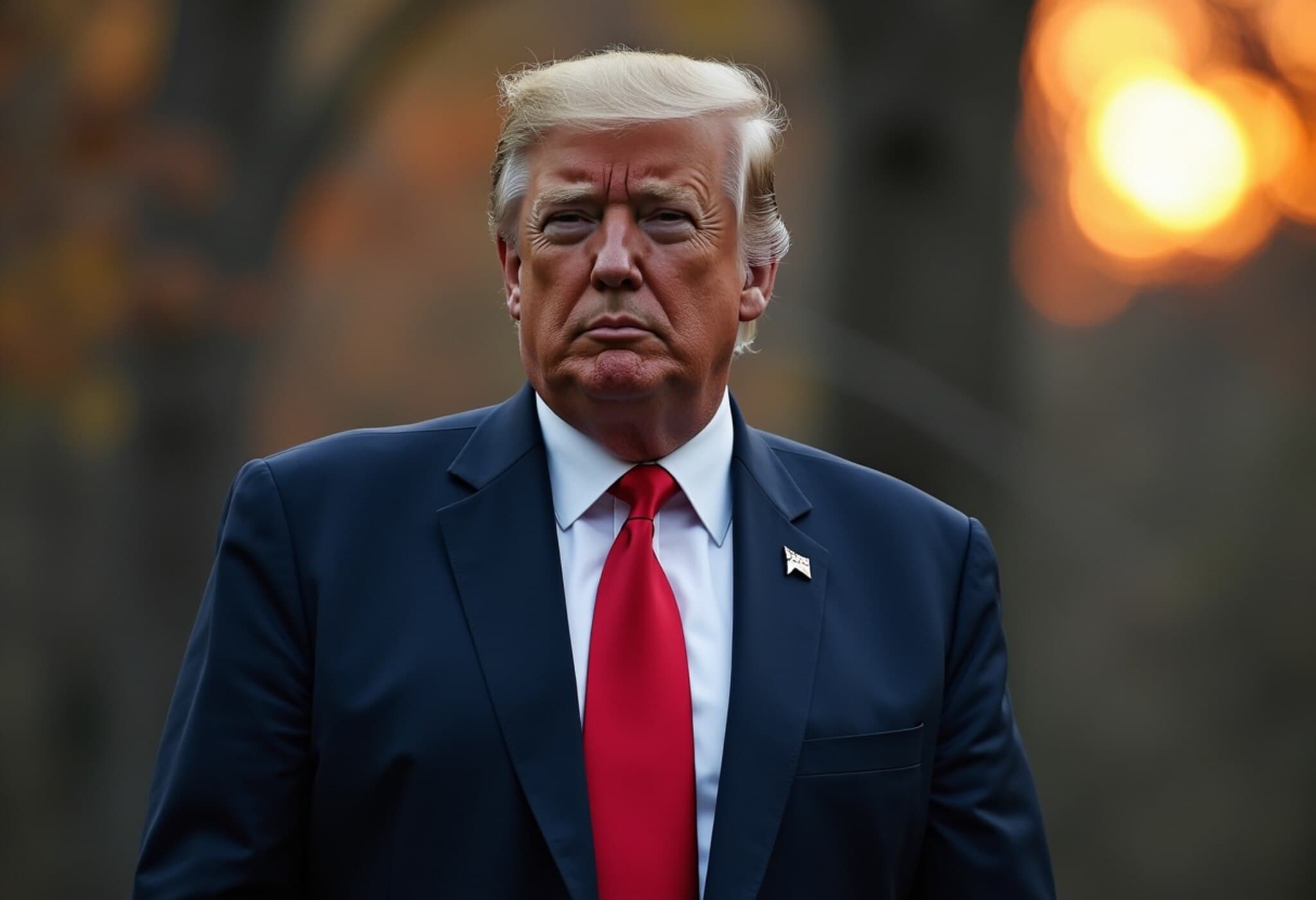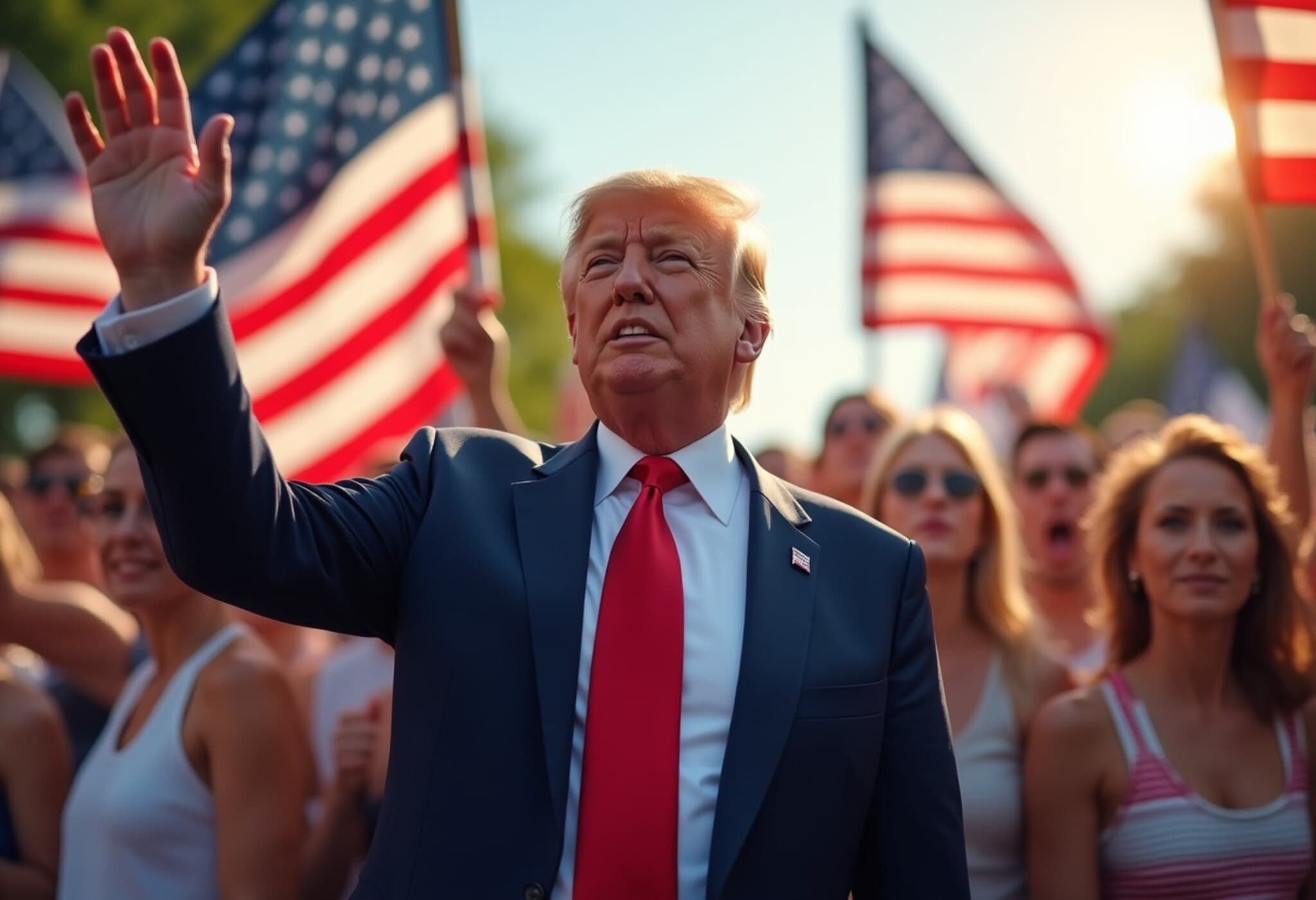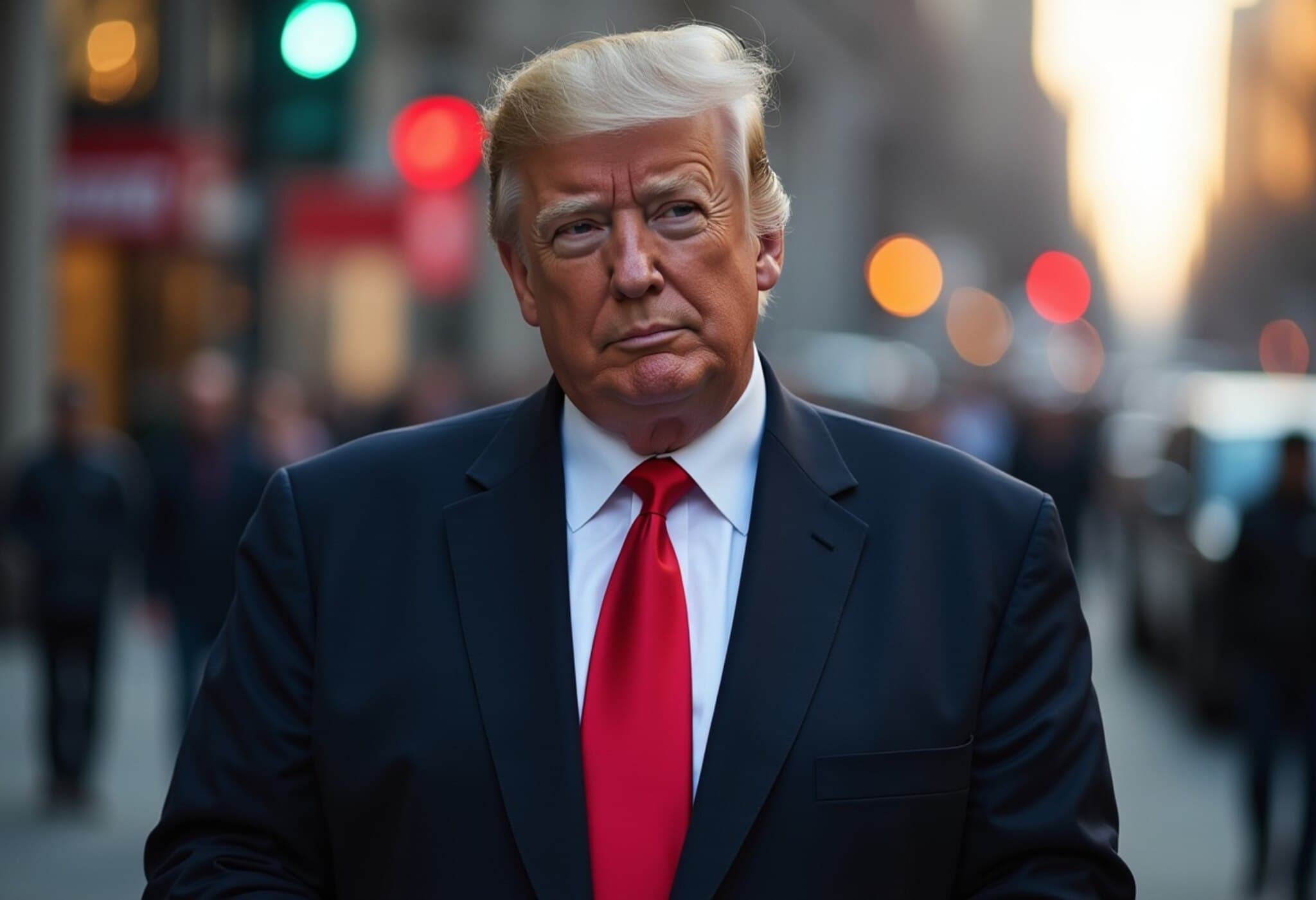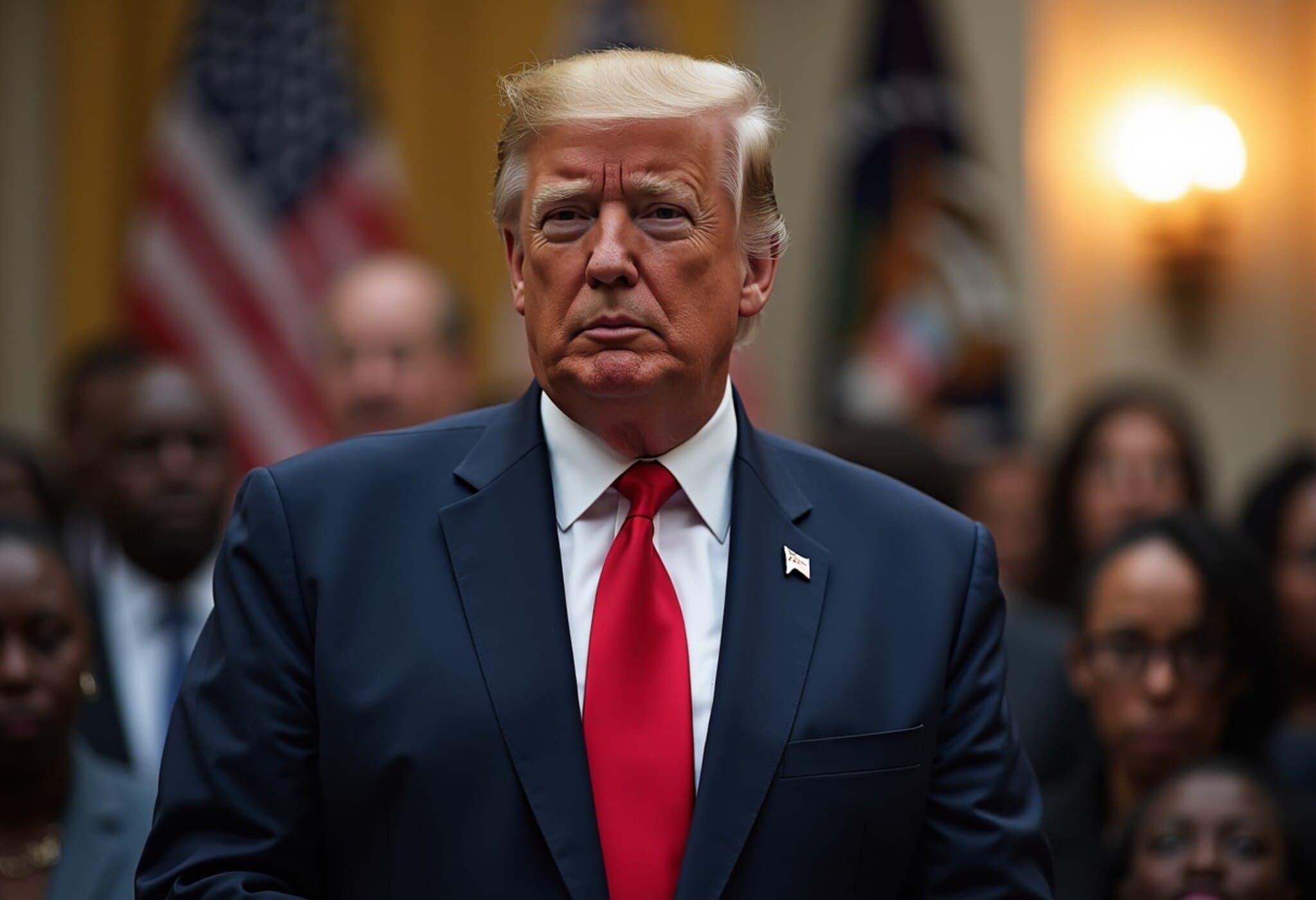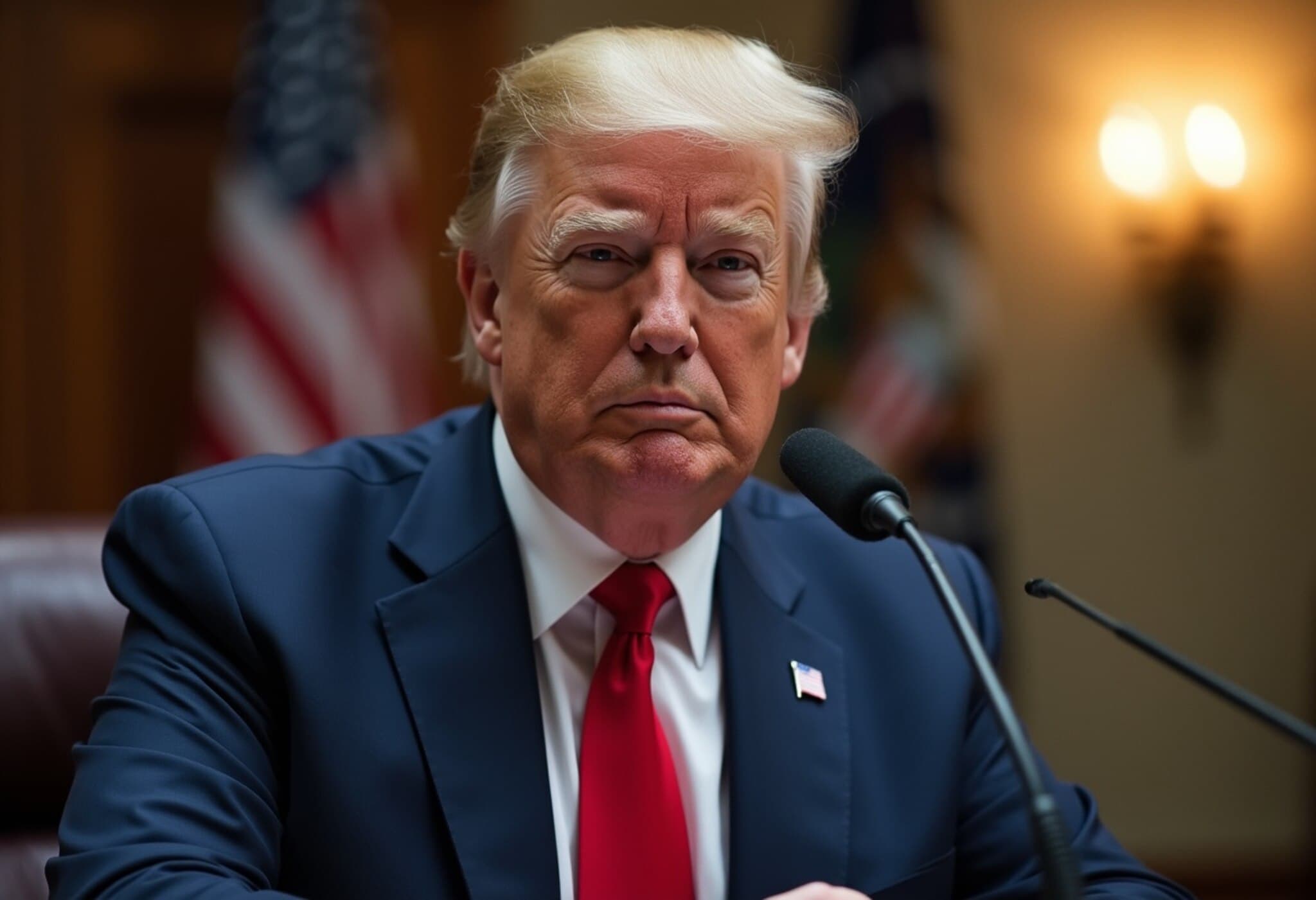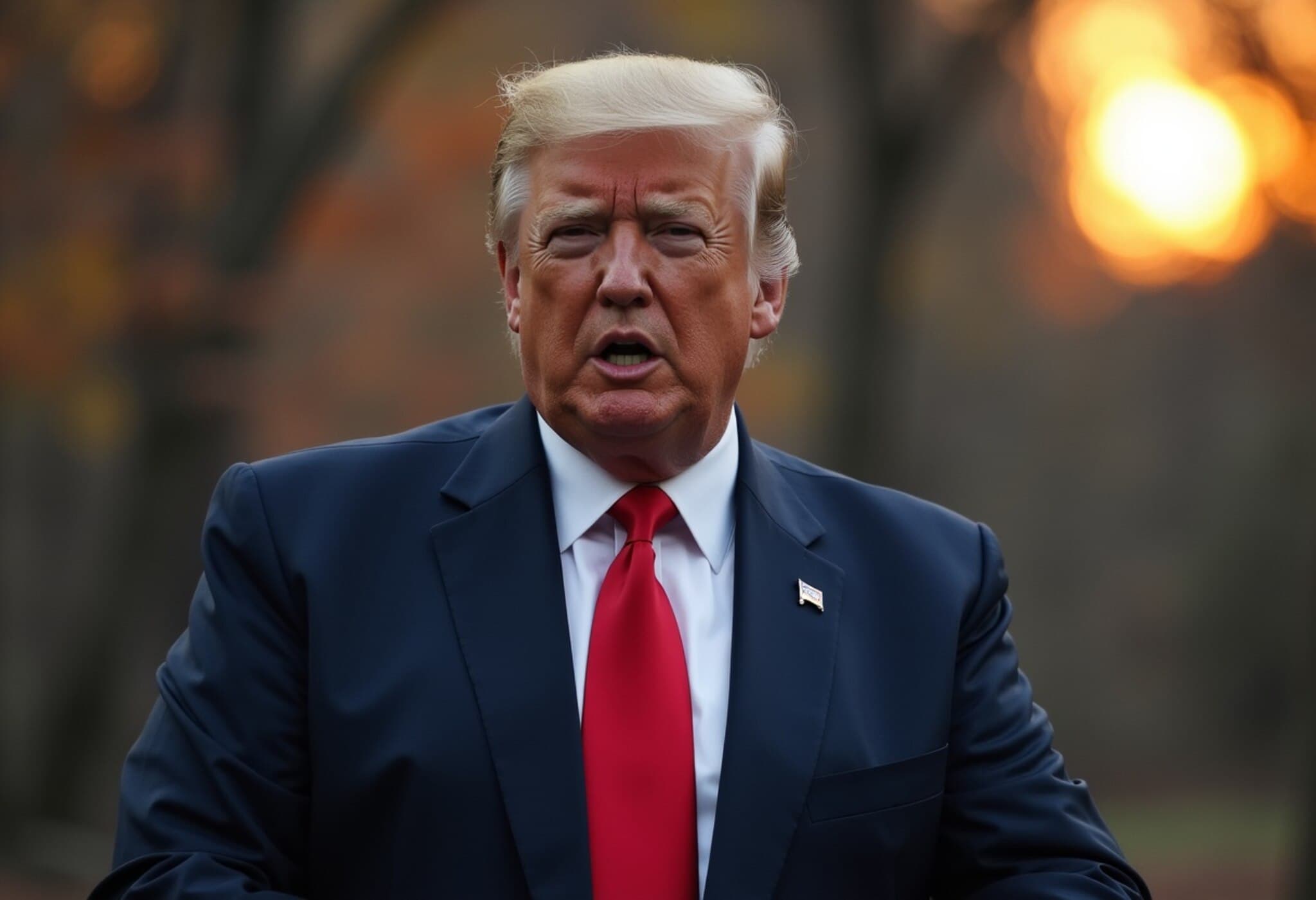How Trump’s Diversion Strategy Unfolds Amid Epstein Files Controversy
As former U.S. President Donald Trump grapples with increasing scrutiny over his alleged connection to the infamous Jeffrey Epstein case, political observers and the public alike are witnessing a carefully orchestrated distraction play. Recently surfaced reports that Trump’s name appears in the Epstein-related files have ignited controversy, although the Trump administration swiftly denied these claims, labeling media accounts as politically motivated attacks.
Background: The Epstein Files and Trump’s Rising Backlash
On July 23, 2025, the Wall Street Journal published a revealing story suggesting that Trump was among several high-profile individuals named in the confidential Epstein investigation files. According to senior officials cited by the paper, Attorney General Pam Bondi informed Trump of his inclusion back in May — news the DOJ declined to elaborate on through additional document disclosures.
In response, White House spokesperson Steven Cheung emphasized that Trump had long since severed ties with Epstein, calling him a "creep" and dismissing allegations as "fake news" fueled by political opponents. Yet, the controversy has clearly unsettled Trump’s political base.
Examining Trump’s Three Principal Diversion Tactics
Political analysts have since pointed to a series of moves that appear designed to shift public attention from the Epstein files. Here’s an in-depth look at the most notable:
1. Reigniting the Obama ‘Treason’ Narrative
Earlier this month, Trump and his allies renewed accusations against former President Barack Obama, alleging misconduct linked to the 2016 election. Notably, National Intelligence Director Tulsi Gabbard presented documents accusing the Obama administration of manipulating intelligence to sabotage Trump’s campaign — claims widely debunked yet persistent in Trump’s rhetoric.
Trump publicly echoed these allegations at the White House, describing them as evidence that "they tried to steal the election." Obama’s office responded with a rare, firm repudiation, calling the claims "bizarre" and a deliberate distraction. This tit-for-tat exchange has proven effective in diverting media cycles from Epstein-related inquiries.
2. Strategic Release of Martin Luther King Jr. Files
In what some perceive as a calculated move to shift focus, the Trump administration released 230,000 pages of previously sealed FBI surveillance files on civil rights leader Martin Luther King Jr. While opening historical archives aligns with transparency ideals, the timing sparked skepticism given the concurrent Epstein scandal coverage.
- The files had been confidential since 1977 due to a court order.
- King’s surviving family members publicly condemned the release, warning against attempts to distort Dr. King’s legacy.
Civil rights activist Al Sharpton described the disclosure as "a desperate attempt to distract" from Trump’s mounting credibility crisis surrounding the Epstein revelations.
3. Stirring Controversy Over NFL and MLB Team Names
In a culturally charged gambit, Trump reignited debates over sports team names considered offensive to Native Americans. He publicly demanded that the NFL’s Washington Commanders revert to their former name, the “Redskins,” which has long been criticized as a racial slur.
Using his social media platform TruthSocial, Trump threatened to withhold stadium development deals unless the team complied. He extended similar pressure on Major League Baseball’s Cleveland Guardians to abandon their chosen name in favor of “Cleveland Indians.”
This move, widely interpreted as a bid to rally his base and change the news narrative, prompted critics to highlight Trump’s prior dismissal of cultural sensitivity, urging him instead to address more pressing national issues.
Expert Analysis: The Broader Implications of Trump’s Tactics
These three distractions reveal a pattern common in political crisis management:
- Redirecting public scrutiny toward controversial yet unrelated issues.
- Mobilizing loyal constituencies around culturally and politically emotive topics.
- Questioning the credibility of investigations by framing them as partisan attacks.
From a U.S. legal and political perspective, this approach raises critical questions about transparency in government and media responsibility to probe complex stories beyond surface-level narratives. Moreover, it serves as a case study on how political figures exploit divisive cultural flashpoints to maintain influence amid scandal.
Looking Ahead: Will More Distractions Surface?
As the Epstein investigation continues to tantalize the public with potential new revelations, observers are keenly watching to see whether Trump or his allies will unveil further diversion tactics. The evolving tactics underscore the dynamic nature of political communication strategies in the digital age, where narratives can be quickly reshaped and audiences segmented.
Ultimately, the Epstein files controversy not only tests individual accountability but also highlights the resilience of political theater in shaping public discourse.
Editor’s Note
While the Trump administration’s attempts to shift focus are apparent, the Epstein files represent a profound challenge to public trust and legal transparency. Readers should remain vigilant in discerning credible information from distraction, considering the historical context of both political maneuvering and the urgent societal issues tied to Epstein’s legacy. What remains to be seen is whether truth or tactic will prevail as the dominant force in shaping the narrative ahead.

